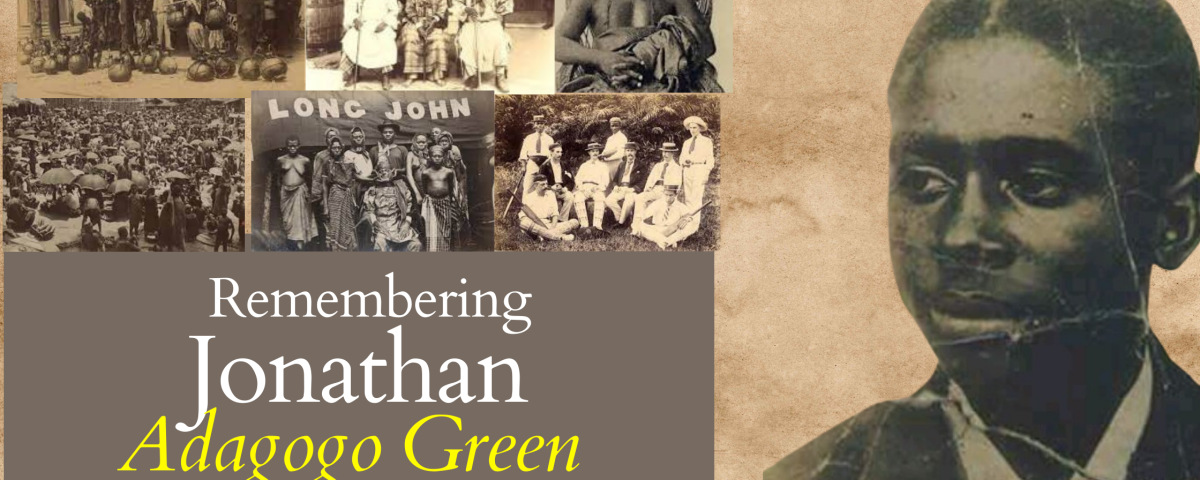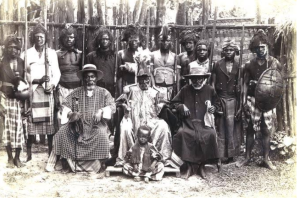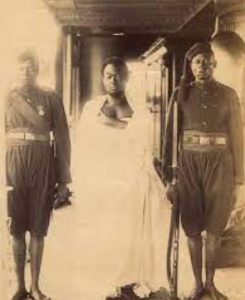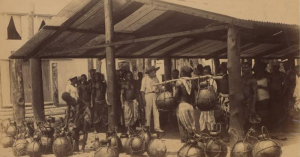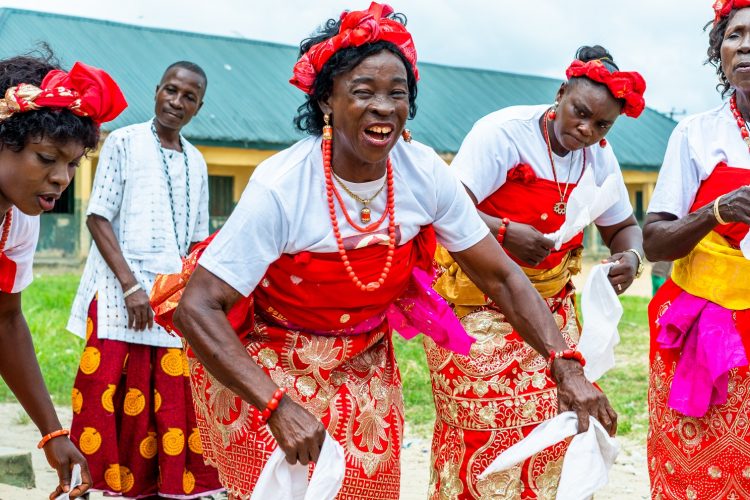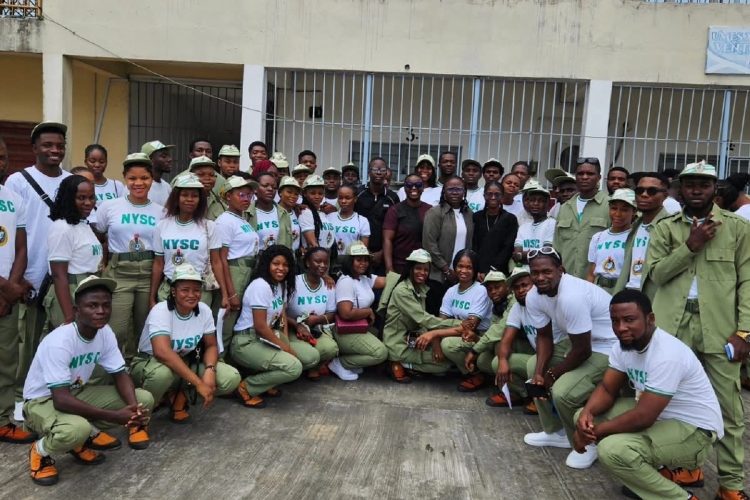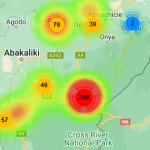
Niger Delta Weekly Conflict Update: March 10-16, 2024
March 15, 2024
Organization in Focus: Sustainable Development Solutions Network -Rivers Youths
March 21, 2024Jonathan Adagogo Green, widely known as J. A. Green, holds the distinction of being Nigeria’s first native professional photographer. Born in 1873 in Bonny, Rivers State, he belonged to the Ibani ethnic group in the Niger Delta region. Green’s photographic work offers a unique window into late nineteenth-century West Africa, capturing the intricate interplay between traditional customs and colonial influences. The region where he resided was incorporated into the British Oil Rivers protectorate in 1884, later renamed the Niger Coast Protectorate in 1893, and eventually became part of the Southern Nigeria Protectorate from 1900 until the end of Green’s life.
Operating a photography studio in Bonny, Green primarily worked in the Niger Delta and its surroundings. Raised by his uncle following his father’s untimely death, Green’s uncle was a prominent figure within one of Bonny’s four founding houses. Proficient in Ijo culture and open to new ideas, Green’s uncle likely facilitated his nephew’s apprenticeship with G.F. Packer, a British missionary tasked with constructing the school Green attended. It is plausible that Packer, an adept photographer, imparted his knowledge of the camera and the intricate process of producing albumen prints to Green. Additionally, Green might have spent time in Sierra Leone, apprenticing under an elder African photographer before establishing his studio in Bonny, where he would become one of the region’s most accomplished indigenous photographers.
Green’s photographic repertoire offers a nuanced portrayal of late nineteenth-century society, featuring both elite figures and everyday life in Bonny and its environs. His subjects ranged from local chiefs and British officials to scenes of trade, craftsmanship, and cultural rituals. Through his lens, Green captured the intricate social dynamics of the time, where traditional African practices intersected with colonial governance.
Despite his anonymity for decades, Green’s work has garnered recognition for its historical and cultural significance. His diverse portfolio of portraits, landscapes, and documentary images serves as invaluable records of a bygone era, preserving the traditions and transformations of West African societies amidst rapid change.
Notably, Green’s photographs also reflect the broader context of global trade and imperialism, evident in his depictions of European traders and the aftermath of colonial expeditions. Encounters with exiled monarchs and dignitaries further illuminate the intricate power dynamics of the colonial period.
Tragically, Green’s life was cut short at the age of 32, leaving behind a legacy of artistic and documentary photography that remains relevant today. His pioneering contributions to Nigeria’s visual history underscore the enduring significance of photography as a medium for cultural expression and historical documentation.
The remarkable life of Jonathan Green and his groundbreaking strides in Nigerian photography should serve as an inspiration for youths in the Niger Delta, encouraging them to excel and blaze trails in their respective fields.
The remarkable life of Jonathan Green and his groundbreaking strides in Nigerian photography should serve as an inspiration for youths in the Niger Delta, encouraging them to excel and blaze trails in their respective fields.
J.A.Green is an inspiration to young people in the present Niger Delta. . His groundbreaking strides in photography not only captured the essence of his time but also paved the way for future generations to make their mark.
Just as Green showcased the beauty and complexity of the Niger Delta through his lens, each of you holds the potential to contribute uniquely to the growth and development of our region. Whether it’s through art, innovation, entrepreneurship, or advocacy, your voice and talents are invaluable.
Together, let’s build a brighter future for the Niger Delta, where our diverse contributions enrich our communities and shape our shared history. The journey starts with you. Embrace your potential, seize opportunities, and make your mark on the world, just like J. A. Green did. Your story matters, and your contributions can make a difference. Dare to be distinct, and let’s create a legacy we can all be proud of!
For more about the life of this pioneering photographer visit the links below : https://youtu.be/PFCrGdvXx_8,
https://www.bristolmuseums.org.uk/blog/spotlight-on-jonathan-adagogo-green/,
View his full catalogue online: Jones collection (bristol.gov.uk)
You can access these photographs in the search room of Bristol Archives. A recently published book has drawn new attention to this pioneering photographer, and this is also available in the Bristol Archives reference library (‘African Photographer J. A. Green’; Anderson & Anderson ISBN: 0253028957).


